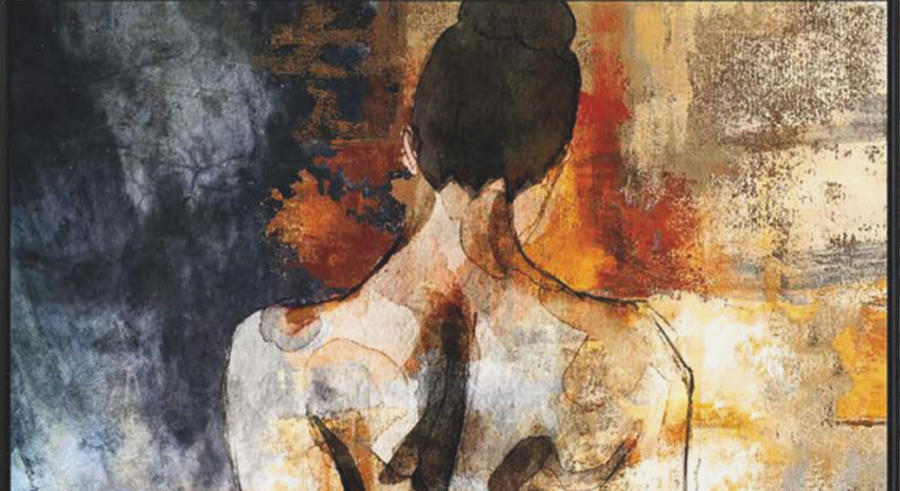Who Wins in the Indian Parliament Election? Criminals, Wealthy or Incumbents

The study examines the impact of criminal charges, wealth, incumbency status of the candidates and the party on their chances of winning and vote share in the Indian parliamentary elections 2009 using candidate level information on 8070 contestants from 543 constituencies. The descriptive and econometric analyses of the data reveal that there is a strong association between wealth, criminal charges and incumbency status of the candidates and the electoral outcomes. Wealthy incumbent candidates had higher chances of winning the election and these candidates also seem to be facing criminal charges. The incumbent candidates belonging to the state ruling party had higher chances of winning and increasing their vote share. Though criminal charges depress the chance of winning and vote share, the incumbency effects, particularly the party incumbency, has a bigger effect than criminality and wealth status.
The author
Professor P. Duraisamy, Ph.D., Economic sciences, Paris-Sorbonne. Head of the Department of Econometrics, University of Madras, Chennai, India and Director, Planning and Development, University of Madras.
The text
Most part of the work was completed during the author’s visit to the Foundation Maison des Sciences de l’Home during June 2013. He is thankful to FMSH for the fellowship support and grateful to Professor Max-Jean Zins and Professor Bertrand Lemennicer for valuable comments and discussions. The views expressed in the paper are the author’s and neither the organisations nor the individuals are responsible.





